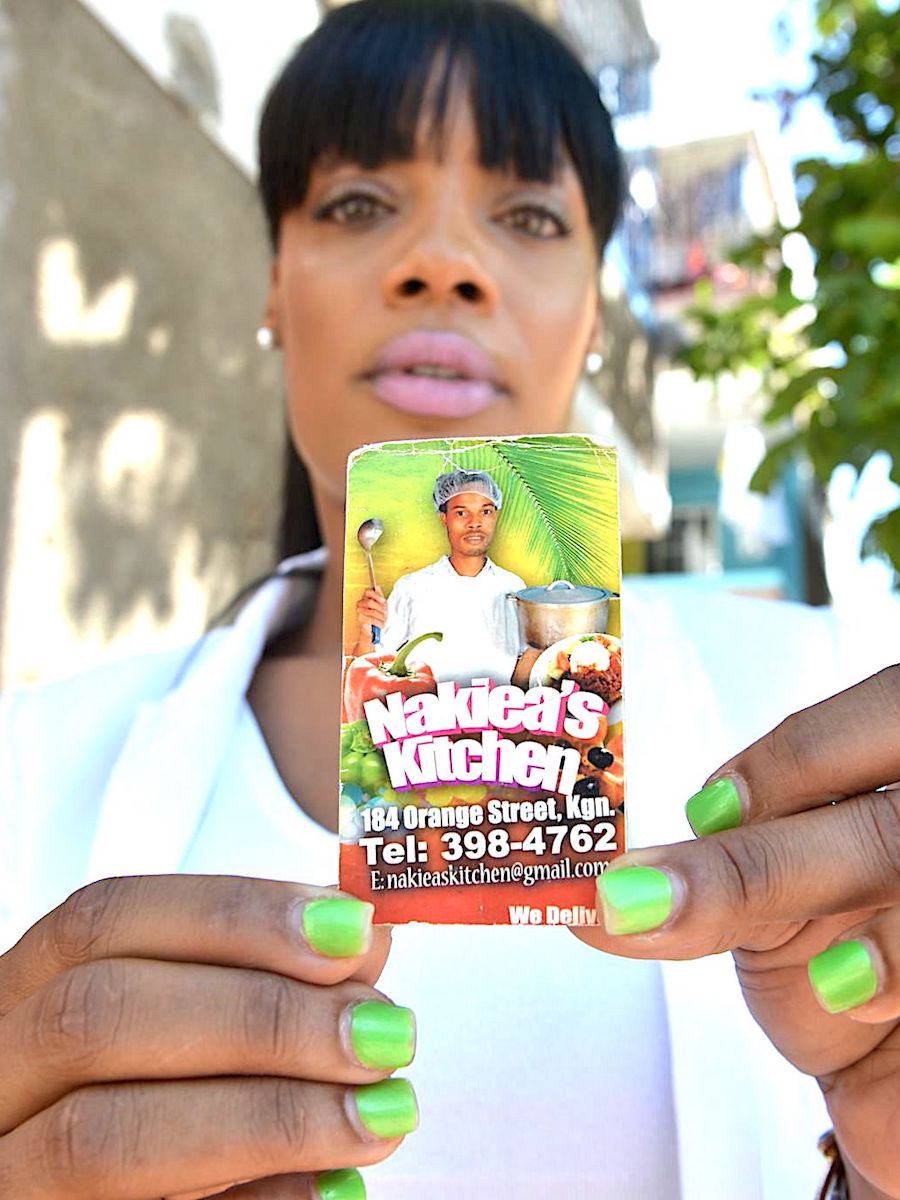Police officers in Jamaica carry out unlawful killings on the orders of state authorities or with their complicity, evidence gathered by Amnesty International suggests.
Research by the human rights organisation points to a strong likelihood that state-sponsored executions take place in the country, a report published on Wednesday said.
Amnesty welcomed recent reductions in the numbers of civilians killed by police in Jamaica, but said that officers perpetuated a culture of fear in which evidence was tampered with, witnesses were terrorised and intimidated and weapons were planted on victims of police killings.
[mc4wp_form id=”6042″]





Jamaica (Listeni/dʒəˈmeɪkə/) is an island country situated in the Caribbean Sea, consisting of the third-largest island of the Greater Antilles. The island, 10,990 square kilometres (4,240 sq mi) in area, lies about 145 kilometres (90 mi) south of Cuba, and 191 kilometres (119 mi) west of Hispaniola (the island containing the nation-states of Haiti and the Dominican Republic). Jamaica is the fourth-largest island country in the Caribbean, by area.
Inhabited by the indigenous Arawak and Taíno peoples, the island came under Spanish rule following the arrival of Christopher Columbus in 1494. Many of the indigenous people died of disease, and the Spanish imported African slaves as labourers. Named Santiago, the island remained a possession of Spain until 1655, when England (later Great Britain) conquered it and renamed it Jamaica. Under British colonial rule Jamaica became a leading sugar exporter, with its plantation economy highly dependent on slaves imported from Africa. The British fully emancipated all slaves in 1838, and many freedmen chose to have subsistence farms rather than to work on plantations. Beginning in the 1840s, the British imported Chinese and Indian indentured labour to work on plantations. The island achieved independence from the United Kingdom on 6 August 1962.
With 2.8 million people, Jamaica is the third-most populous Anglophone country in the Americas (after the United States and Canada), and the fourth-most populous country in the Caribbean. Kingston is the country’s capital and largest city, with a population of 937,700. Jamaicans predominately have African ancestry, with significant European, Chinese, Hakka, Indian, and mixed-race minorities. Due to a high rate of emigration for work since the 1960s, Jamaica has a large diaspora around the world, particularly in Canada, the United Kingdom, and the United States.


You must be logged in to post a comment.